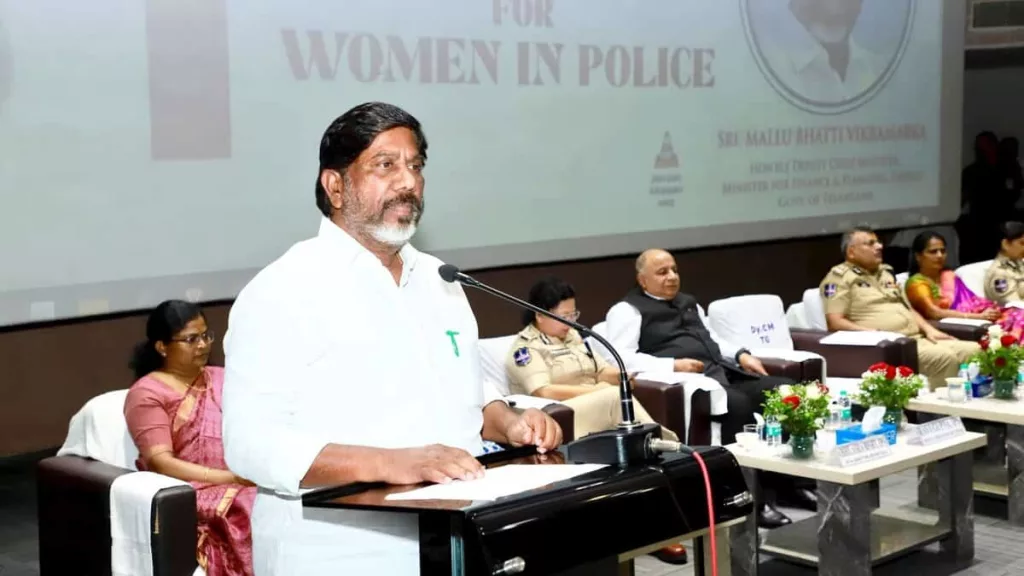Hyderabad: Telangana deputy chief minister and finance minister Mallu Bhatti Vikramarka has raised serious concerns over the revenue losses faced by the state due to the Goods and Services Tax (GST) implementation and its ongoing rate rationalisation.
He said that if the earlier VAT system had continued instead of GST, Telangana would have earned Rs. 69,373 crore in the financial year 2024-25, but under GST, the actual revenue was only Rs. 42,443 crore.
This represents a staggering loss of Rs. 27,000 crore in just one year. Cumulatively, since GST was introduced, Telangana has lost around Rs. 83,000 crore in revenue.
Bhatti Vikramarka demanded that, as the Centre now plans another rationalisation of GST slabs, which is estimated to further reduce Telangana’s revenue by Rs. 7,000 crore, full compensation measures must be put in place by the central government to protect the states’ finances.
Also ReadTelangana to receive 49275 tonnes of urea soon to meet high demand
Telangana cannot be ignored: Bhatti
He stressed that the losses faced by Telangana and other states cannot be ignored as they directly impact welfare and development programs.
A meeting of finance ministers from eight states, including Karnataka, Tamil Nadu, Kerala, Punjab, Jharkhand, Himachal Pradesh, West Bengal, and Telangana, was held recently at Karnataka Bhavan in Delhi to discuss the rationalisation challenges and formulate proposals to be presented at the upcoming GST Council meeting on September 3. Karnataka revenue minister Krishna Byregowda led the discussions.
The ministers underscored the Centre’s previous assurance at the GST rollout, which guaranteed a 14 percent annual growth in states’ revenues backed by compensation mechanisms. However, actual growth has been much lower, around 7-8 percent, putting tremendous pressure on state budgets.
The group collectively proposed that additional taxes on sin and luxury goods should be imposed and the collected funds be routed to states to compensate for their revenue losses. If these supplemented revenues still fall short, states should be allowed to cover the deficits through borrowing backed by future revenue streams.
Compensatory framework should be comprehensive: Bhatti
Bhatti emphasised that the compensatory framework should be comprehensive and reliable, with a minimum period of five years based on the 2024-25 fiscal year as a baseline.
“Without such safeguards, the states’ capacity to carry out essential welfare and development schemes will be severely compromised,” he added.
The ministers also discussed the importance of ensuring these reforms benefit ordinary citizens, particularly the poor and middle class, rather than corporations or powerful business interests.
Get the latest updates in Hyderabad City News, Technology, Entertainment, Sports, Politics and Top Stories on WhatsApp & Telegram by subscribing to our channels. You can also download our app for Android and iOS.
